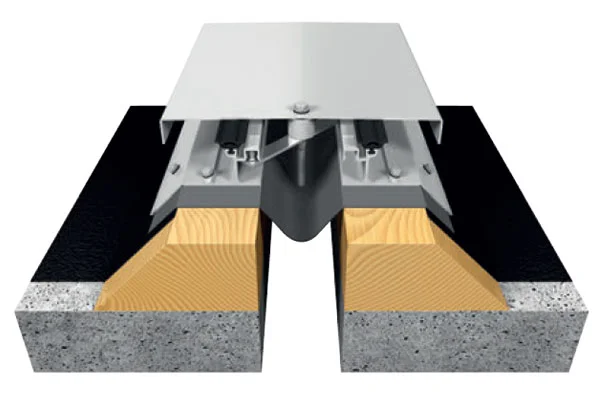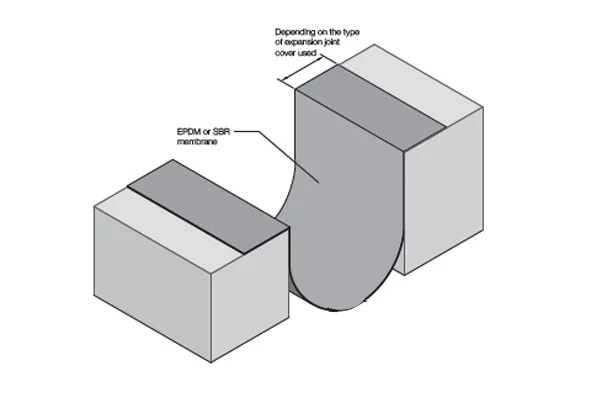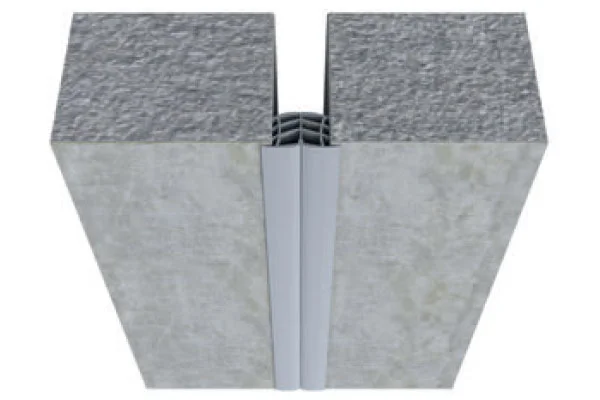- TSMC plans $100 billion investment in United States
- CEO announces the plan during meeting with Trump
- Investment will include new chip factories
- TSMC shares decline as investors weigh higher US costs
Taiwan’s dominant position as a maker of chips used in technology from cellphones and cars to fighter jets has sparked concerns of over-reliance on the island, especially as China ramps up pressure to assert its sovereignty claims.
Sign up here.
“We must be able to build the chips and semiconductors that we need right here,” Trump said. “It’s a matter of national security for us.”
TSMC said the expansion included plans for three new chip fabrication plants, two advanced packaging facilities and a major research and development centre.
TSMC did not give a timeframe for any of its new investments, apart from saying the effort would add 40,000 construction jobs over the next four years.
Construction on its first Arizona plant was plagued by delays, with the company eventually starting chip production in 2024 at a higher cost than at its facilities in Taiwan.
The company’s Taiwan-listed shares fell 2% on Tuesday.
“Higher costs are definitely a concern for TSMC,” said Andrew Tsai, chairman of Taiwan consulting firm Capital Investment Management Corp.
Intel did not respond to questions about the meetings.
For Trump, the announcement helps show voters he is fulfilling his campaign pledge to do more to bolster domestic industries and create jobs.
It is the latest in a string of such developments.
Item 1 of 3 C.C. Wei, Chairman and CEO of TSMC, speaks next to U.S. President Donald Trump, Commerce Secretary Howard Lutnick and AI and crypto czar David Sacks, as they make an announcement about an investment from Taiwan Semiconductor Manufacturing Company (TSMC), in the Roosevelt Room at the White House in Washington, D.C., U.S., March 3, 2025. REUTERS/Leah
On Monday, TSMC said it looked “forward to discussing our shared vision for innovation and growth in the semiconductor industry, as well as exploring ways to bolster the technology sector along with our customers.”
In addition, Taiwan’s presidential office said its review would also consider the interests of the investors and Taiwan.
“This ensures that while TSMC expands its investment in the U.S., the most advanced processes will remain in Taiwan,” said Karen Kuo, a spokesperson for the Presidential Office.
TSMC did not say what technology it would use in those facilities.
Last year the company agreed to produce the world’s most advanced 2-nanometer technology at its second Arizona factory, expected to begin production in 2028.
TSMC also agreed to use its most advanced chip making technology, called “A16”, in Arizona.
CHIPS ACT
The first Trump administration brought TSMC to Arizona in 2019 and introduced legislation that later became the CHIPS and Science Act, passed in 2022 under President Joe Biden to provide $52.7 billion in subsidies for American semiconductor production and research.
Under Biden, the commerce department convinced all five leading-edge global semiconductor firms to locate factories in the United States in the effort to tackle national security risks from imported chips.
China claims Taiwan as its territory, but the democratically elected government in Taipei rejects Beijing’s sovereignty claims.
On Monday, Commerce Secretary Howard Lutnick said TSMC and other companies were investing in the United States as they sought to avoid Trump’s new tariffs.
Last month, a TSMC spokesperson said the company had received $1.5 billion in CHIPS Act money before the new administration came in, according to the terms of its agreement.
Reporting by David Shepardson, Steve Holland and Karen Freifeld; Additional reporting by Wen-Yee Lee and Jeanny Kao in Taipei; Editing by Jamie Freed and Clarence Fernandez
Our Standards: The Thomson Reuters Trust Principles., opens new tab







